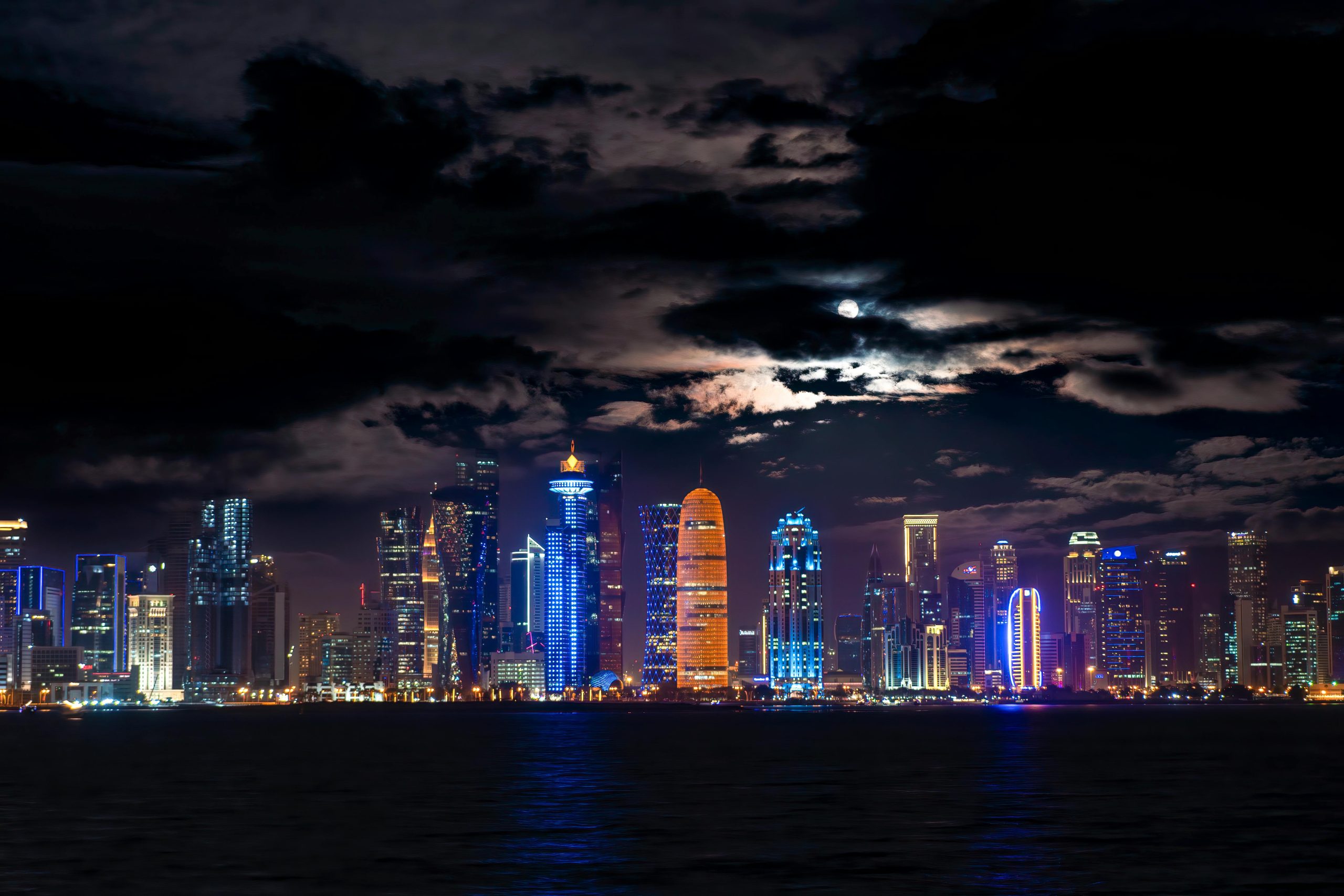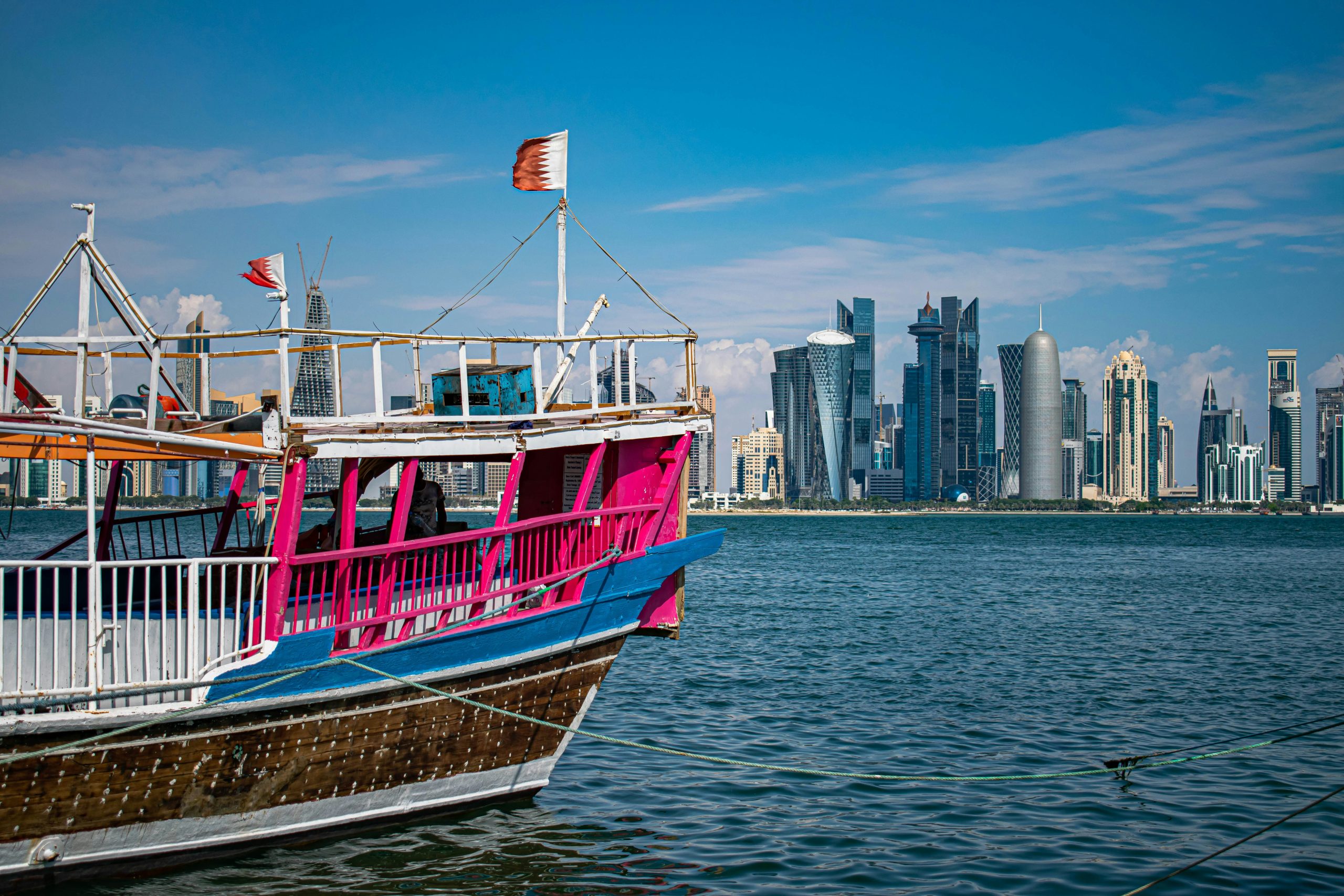
Qatar residents could be in for a searing summer that lasts longer and is hotter than usual this year, according to weather experts who are predicting the return of the climate pattern known as El Niño.
The heat may pose a particular challenge for those observing Ramadan in June, as the fasting day in Qatar will last more than 15 hours during the first third of the month.
In a statement this week, the Qatar Meteorology Department forecast the return of El Niño this summer, explaining its effects on the weather here and through the wider Gulf:
“This situation may lead to a rise in temperature in East and South Africa, Asia and Gulf area the coming summer…
Some global Numerical Weather Production shows that the continuation probability of this phenomenon during summer may reach 80 percent and may extend until after September.”
What is El Niño?
El Niño describes the changes in trade winds across the Pacific Ocean that accompany increases in sea temperature, which can lead to extreme weather conditions across the globe.

The MET’s warning follows recent predictions issued by the Australian Bureau of Meteorology, of an 80 percent chance of the re-emergence of the weather phenomenon.
Meanwhile, the US government’s Climate Prediction Center (CPC) put the likelihood ofEl Niño’s return at closer to 90 percent in a recently-published advisory.
In addition to heating up the Gulf, the fluctuations in sea temperature and wind speeds could cause droughts in Australia and Indonesia. The effects also extend to the Americas, which could see heavy rains and flooding.
El Niño occurs in cycles, usually every three to four years, with episodes typically lasting nine to 12 months, but some prolonged events may last for years, according to the US’s National Oceanic and Atmospheric Administration.
Ramadan hours
Meanwhile, with Ramadan due to start in mid-June this year, fasting hours in Qatar are expected to be more than 15 hours for at least the first 10 days of the holy month.
The first day of Ramadan is forecast to start around June 18. At that time, dawn will be around 3:15am, while sunset will not begin until just after 6:32pm. Thereafter, the fasting hours will shorten slightly, by about 10 minutes during the remainder of Ramadan.
However, the fast will still be shorten than in most of Europe and North America, where daylight can last 20 hours a day in mid-summer.
Although work hours are generally reduced for Muslims during Ramadan, many schools will still be open until late June or early July.
In Qatar, it is not permitted to eat, drink or chew gum in public during the fasting hours.
Thoughts?







